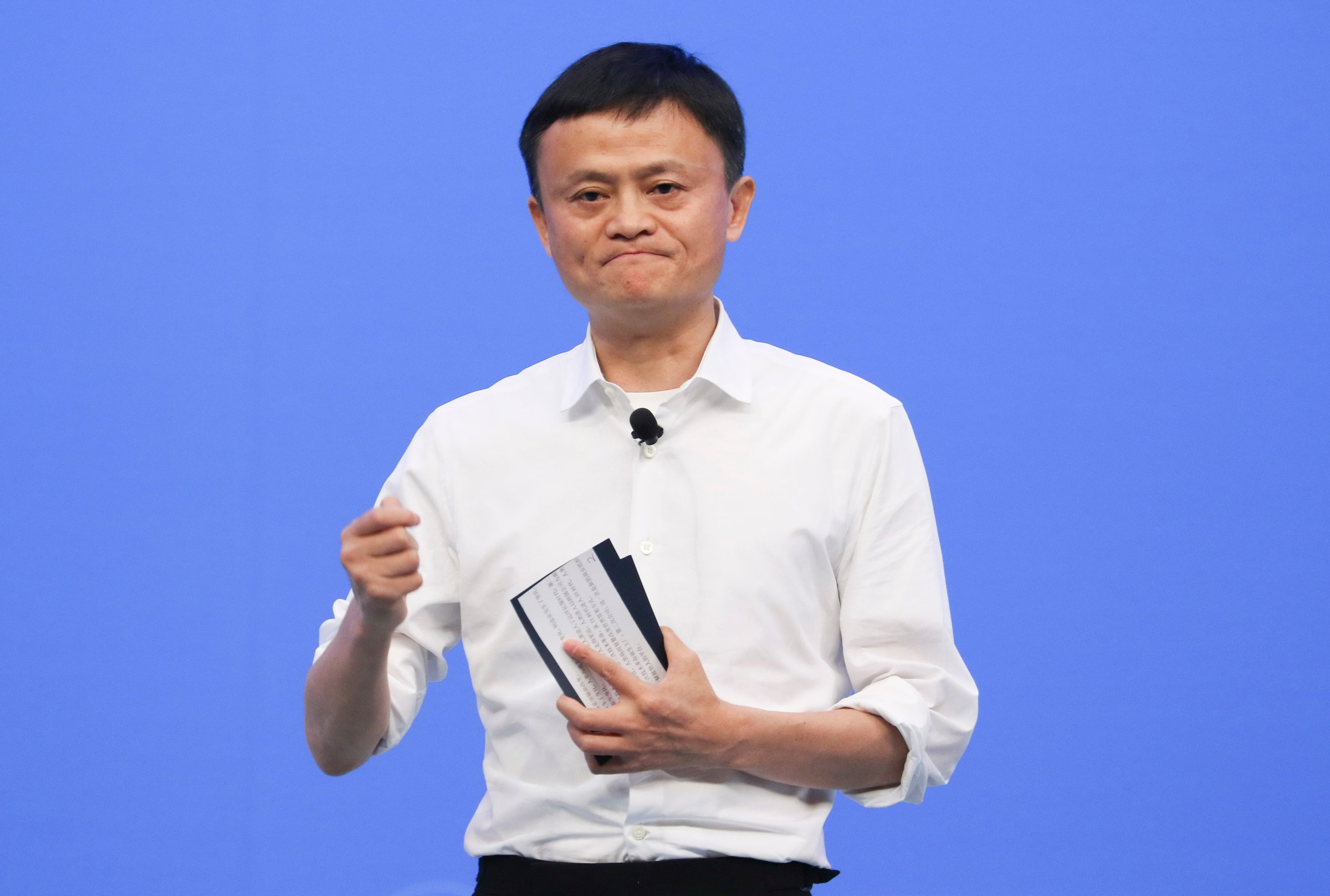
For a China bull, Alibaba’s founder Jack Ma spouted sensible arguments about its economy in an interview published today with his newly purchased Hong Kong newspaper, the South China Morning Post.
On China’s double-digit GDP growth rates of the 2000s slowing to below 7%: “There is no reason to expect that an economy of such size can maintain such a growth rate indefinitely, nor is it good for China to continue to grow at such speed,” Ma said. “After more than 30 years’ growth, spending a few years to adjust its course is reasonable.”
Many would agree, though whether China can adjust its course away from the debt-fueled growth of the past half-decade and come out unscathed is now the hot topic among economists. Arthur Kroebel of Gavekal Dragonomics predicted this week China is headed for neither boom nor bust but will spend the next decade in “genteel decline, much as Japan has since the 1990s” as it whittles down a corporate debt mountain that passed 150% of GDP last year (note that that doesn’t even include the equally dazzling rise in local government debt in the meantime).
Ma waded into some criticism of the government, suggesting the headline GDP figure is manufactured, before he spun it positively.
“Some say the actual [growth] number could be just 5%. But even with 5% growth, there is no other economy of such size growing at that speed in today’s world.”
While that’s true, he’s really only including the U.S. as competition. China’s economy is already more than double the size of the world’s third-largest, Japan. India’s growth has outpaced China’s recently, hitting 7.3% in the fourth quarter to China’s 6.8%, but India’s economy remains just a fifth the size of China’s.
China’s growth will be “enviable to most other major economies for another 15 to 20 years,” Ma said.
He painted the recent consumer data as a rebuttal to the country’s industrial slowdown. “The traditional industries are struggling, but we also see growth in domestic consumption, the services industry and the hi-tech sector, and young talents are flocking to these areas.”
He also said delivery–an industry heavily supported by Alibaba in as much as its marketplaces are responsible for as many as 5 billion packages a quarter, according to estimates—would help absorb some of the low-skill jobs being lost amid China’s shift away from heavy industry. Cainiao, the Alibaba-backed logistics shipping company, has said it expects to have the capacity to deliver 100 billion shipments a year as soon as 2021.
“The logistics and delivery industries create plenty of jobs for low-skilled workers,” Ma said. “We still have a lot of room for growth.”
More Must-Reads from TIME
- Donald Trump Is TIME's 2024 Person of the Year
- Why We Chose Trump as Person of the Year
- Is Intermittent Fasting Good or Bad for You?
- The 100 Must-Read Books of 2024
- The 20 Best Christmas TV Episodes
- Column: If Optimism Feels Ridiculous Now, Try Hope
- The Future of Climate Action Is Trade Policy
- Merle Bombardieri Is Helping People Make the Baby Decision
Contact us at letters@time.com